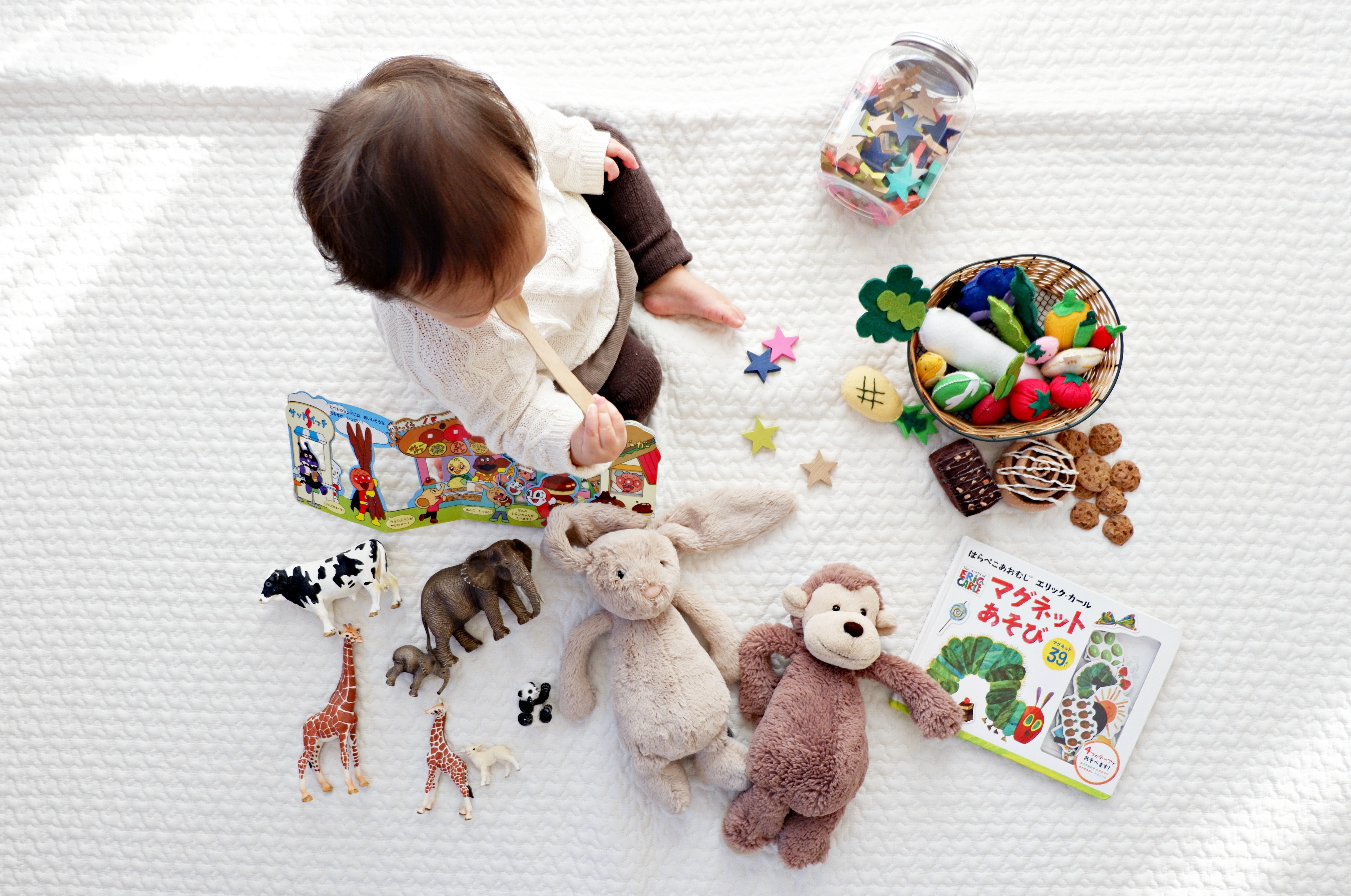The fundamentals of Nonviolent Communication include learning to express one’s needs and feelings without blame and judgment and to listen empathically. Children, especially when young, tend to be open-minded and non-judgmental. It is during childhood that we should be teaching children how to express their needs and feelings by providing a comprehensive vocabulary for them.
In a recent workshop that The Relationship Foundation held, a participant, who had been incarcerated in his younger years, said that if only he had been given the vocabulary to express his emotions with something besides the generic term “bad” that he may have been able to avoid so much heartache. He said he never could have expressed the fact that something wasn’t “bad” so much as HE was feeling, perhaps, afraid, discouraged, nervous, anxious, worried, scared, or even sad. He now looks back and wonders what his life would have looked like if he had access to a more helpful vocabulary in his youth.
NVC helps you become more conscious of your motivations and intentions — which means you are less likely to alienate your children. As you learn to be more authentic as well as compassionate, you can build the bonds of trust that will last a lifetime.
Beyond the roles “parent” and “child” are human beings yearning to love, be loved, be seen, and contribute.
When you connect with your child and treat them respectfully as a human being, you also gain a level of trust that can last a lifetime. Sometimes as parents it’s easy to focus on getting our children to do what we want. Unfortunately, that sometimes occurs at the cost of the long-term relationship.
Nonviolent parenting is also called respectful parenting precisely because it is that: a way to parent that prioritizes long-term relationships of mutual care, trust, and consideration. By helping you let go of old stories and relate human-to-human — as well as teaching you how to express yourself authentically from the heart and listen compassionately — you can use Nonviolent Communication skills to improve all of your family relationships.

